Drylands
Viking, $29.95 hb, 294 pp, 0 670 88619 X
Drylands by Thea Astley
Do not attempt to judge this book by its amazingly beautiful but iconographically confusing cover. A close-up photograph of a single leaf shows its veins and pores in tiny detail. The colours are the most pastel and tender of creamy greens. Superimposed over this lush and suggestively fertile image is the book’s one-word title: Drylands.
I love Thea Astley’s writing and always have. I love its densely woven grammar, its ingrained humour, its uncompromising politics, its demented metaphors, and its undimmed outrage at human folly, stupidity, and greed. I love the way that even at its most savage and despairing it has always had a suggestion of redemptive energy working away somewhere in the plot, no matter how subterranean, outmanoeuvred, or comprehensively beaten down.
Continue reading for only $10 per month. Subscribe and gain full access to Australian Book Review. Already a subscriber? Sign in. If you need assistance, feel free to contact us.


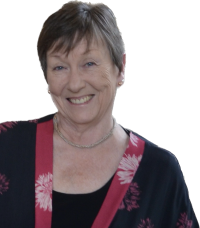
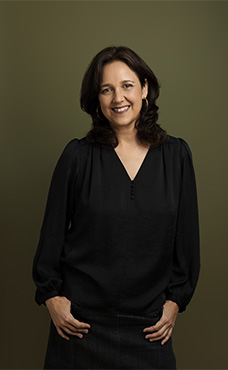
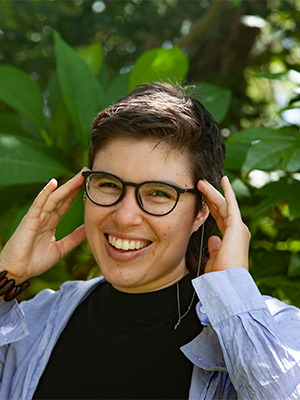
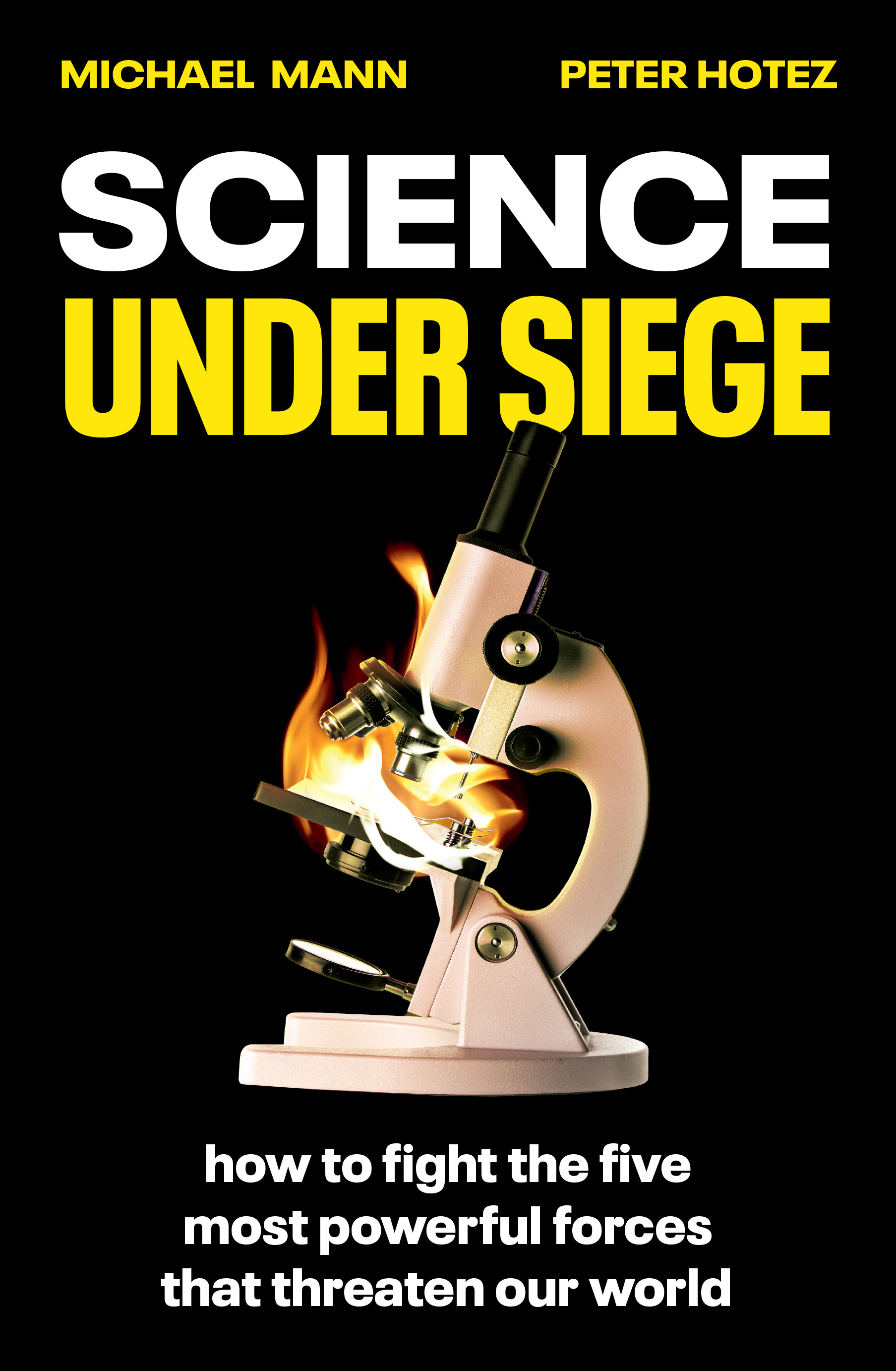


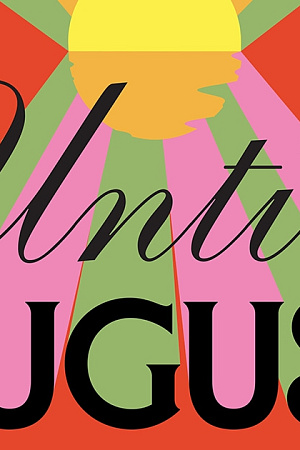
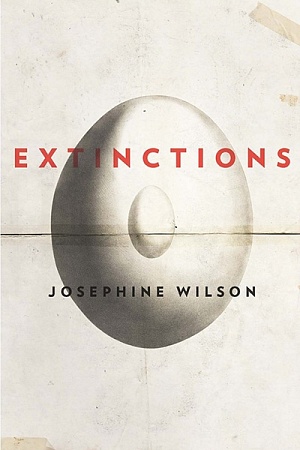
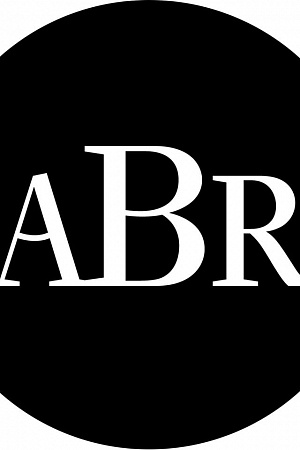
Leave a comment
If you are an ABR subscriber, you will need to sign in to post a comment.
If you have forgotten your sign in details, or if you receive an error message when trying to submit your comment, please email your comment (and the name of the article to which it relates) to ABR Comments. We will review your comment and, subject to approval, we will post it under your name.
Please note that all comments must be approved by ABR and comply with our Terms & Conditions.